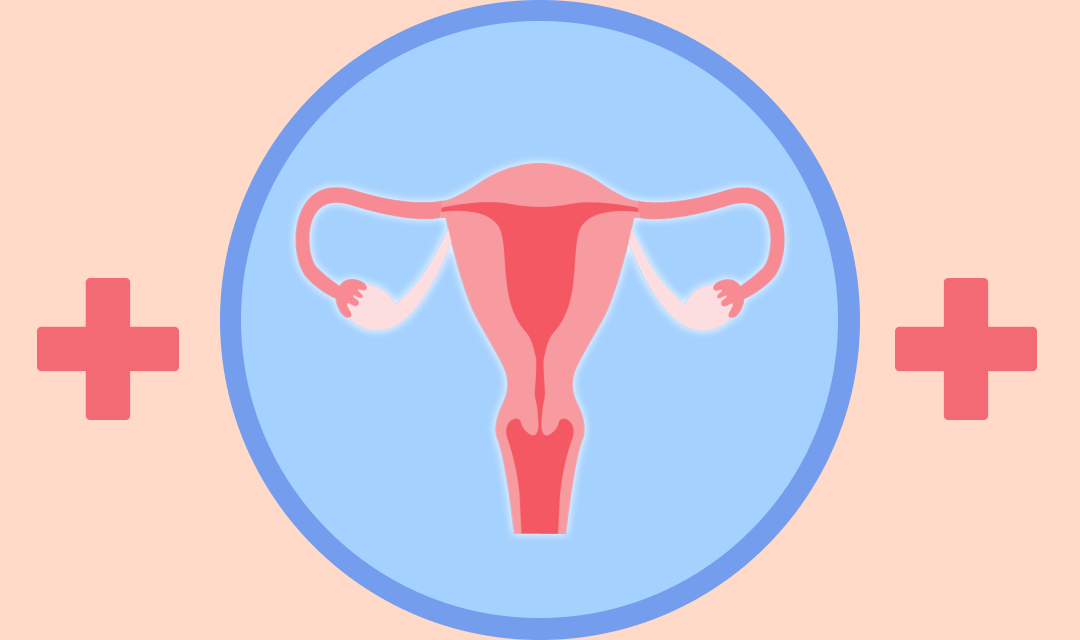Common Questions About Painful Intercourse During Pregnancy

Pregnancy is a beautiful journey filled with numerous physical and emotional changes. One such change that some women may experience is painful intercourse. This article aims to answer common questions about painful intercourse during pregnancy, its causes, and ways to manage it.
Table of contents
Can pregnancy cause Painful Intercourse?
Is Painful Intercourse a pregnancy symptom?
Is Painful Intercourse common in the first trimester?
Is Painful Intercourse common in the second trimester?
Is Painful Intercourse common in the third trimester?
What causes Painful Intercourse during pregnancy?
Is it safe to have Painful Intercourse during pregnancy?
What can help with Painful Intercourse during pregnancy?
Painful Intercourse during pregnancy: when to see a doctor?
Is Painful Intercourse common after childbirth?
Can pregnancy cause Painful Intercourse?
Yes, pregnancy can cause painful intercourse. The hormonal changes, increased blood flow to the pelvic area, and the stretching of tissues can lead to discomfort or pain during intercourse.
Psst, we have an app dedicated to pregnant moms. Learn more
Is Painful Intercourse a pregnancy symptom?
Painful intercourse is not a typical symptom of pregnancy. However, some women may experience it due to the physical changes that occur during pregnancy.
Psst, we have an app dedicated to pregnant moms. Learn more
Is Painful Intercourse common in the first trimester?
Some women may experience painful intercourse in the first trimester due to hormonal changes and increased blood flow to the pelvic area. However, it's not a common symptom for all women.
Psst, we have an app dedicated to pregnant moms. Learn more
Is Painful Intercourse common in the second trimester?
Painful intercourse can occur in the second trimester due to the growing uterus and stretching of ligaments. However, many women find that their sexual comfort improves during this period.
Psst, we have an app dedicated to pregnant moms. Learn more
Is Painful Intercourse common in the third trimester?
Yes, painful intercourse can be more common in the third trimester due to the increased size of the uterus and the baby's position.
Psst, we have an app dedicated to pregnant moms. Learn more
What causes Painful Intercourse during pregnancy?
Painful intercourse during pregnancy can be caused by hormonal changes, increased blood flow to the pelvic area, stretching of tissues, the growing uterus, and the baby's position.
Psst, we have an app dedicated to pregnant moms. Learn more
Is it safe to have Painful Intercourse during pregnancy?
If intercourse is causing pain, it's important to stop and talk to your healthcare provider. While intercourse is generally safe during pregnancy, pain could indicate an underlying issue that needs to be addressed.
Psst, we have an app dedicated to pregnant moms. Learn more
What can help with Painful Intercourse during pregnancy?
Changing positions, using lubricants, and communicating with your partner about your comfort can help manage painful intercourse during pregnancy.
Psst, we have an app dedicated to pregnant moms. Learn more
Painful Intercourse during pregnancy: when to see a doctor?
If you're experiencing painful intercourse during pregnancy, it's important to consult your healthcare provider. Pain during intercourse could indicate an underlying issue that needs to be addressed.
Psst, we have an app dedicated to pregnant moms. Learn more
Is Painful Intercourse common after childbirth?
Yes, some women may experience painful intercourse after childbirth due to hormonal changes, healing from delivery, and breastfeeding.
Psst, we have an app dedicated to pregnant moms. Learn more
Information sources
1. American Pregnancy Association. (2020). Sex During Pregnancy. https://americanpregnancy.org/healthy-pregnancy/is-it-safe/sex-during-pregnancy-710
2. Mayo Clinic. (2019). Sex during pregnancy: What's OK, what's not. https://www.mayoclinic.org/healthy-lifestyle/pregnancy-week-by-week/in-depth/sex-during-pregnancy/art-20045318
3. NHS. (2018). Sex in pregnancy. https://www.nhs.uk/conditions/pregnancy-and-baby/sex-in-pregnancy/